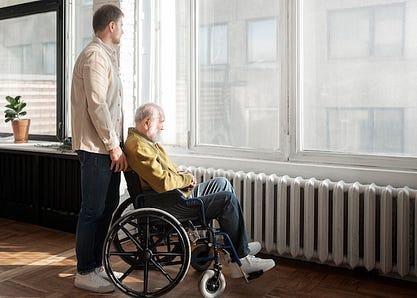
Introduction
Supported Independent Living (SIL) under the National Disability Insurance Scheme (NDIS) offers more than just accommodation. In this blog, we’ll explore the additional supports available in SIL settings and how NDIS participants can access them.
Understanding Additional Supports in SIL
SIL provides a range of additional supports beyond accommodation, including personal care, skill development, community access, and social inclusion activities.
Now, let’s delve into specific types of additional supports and how participants can access them.
Personal Care and Daily Living Assistance
Participants in SIL can access personal care support for tasks such as bathing, grooming, meal preparation, and medication management.
Moving forward, let’s discuss the importance of skill development programs.
Skill Development Programs
SIL offers skill development programs to help participants enhance their independent living skills, such as cooking, budgeting, cleaning, and using public transportation.
Now, let’s explore the significance of community access and engagement.
Community Access and Engagement
Participants in SIL have opportunities for community access and engagement through outings, recreational activities, volunteering, and social events.
Next, let’s discuss the role of social inclusion activities.
Social Inclusion Activities
SIL providers organize social inclusion activities to foster connections and friendships among participants, promoting a sense of belonging and well-being.
Moving on, let’s explore how participants can access these additional supports.
Accessing Additional Supports in SIL
NDIS participants can access additional supports in SIL by including them in their NDIS plans during the planning process. They can discuss their needs and goals with NDIS planners and providers to ensure appropriate supports are included.
Now, let’s discuss the importance of regular review and adjustment of supports.
Review and Adjustment of Supports
Participants should regularly review and adjust their support plans to reflect changing needs and goals. This ensures that they continue to receive the most appropriate supports in SIL.
Conclusion
Supported Independent Living offers more than just accommodation — it provides a range of additional supports to help NDIS participants live independently and achieve their goals. By accessing personal care, skill development programs, community access, and social inclusion activities, participants can enhance their quality of life and well-being in SIL settings.

No comments:
Post a Comment